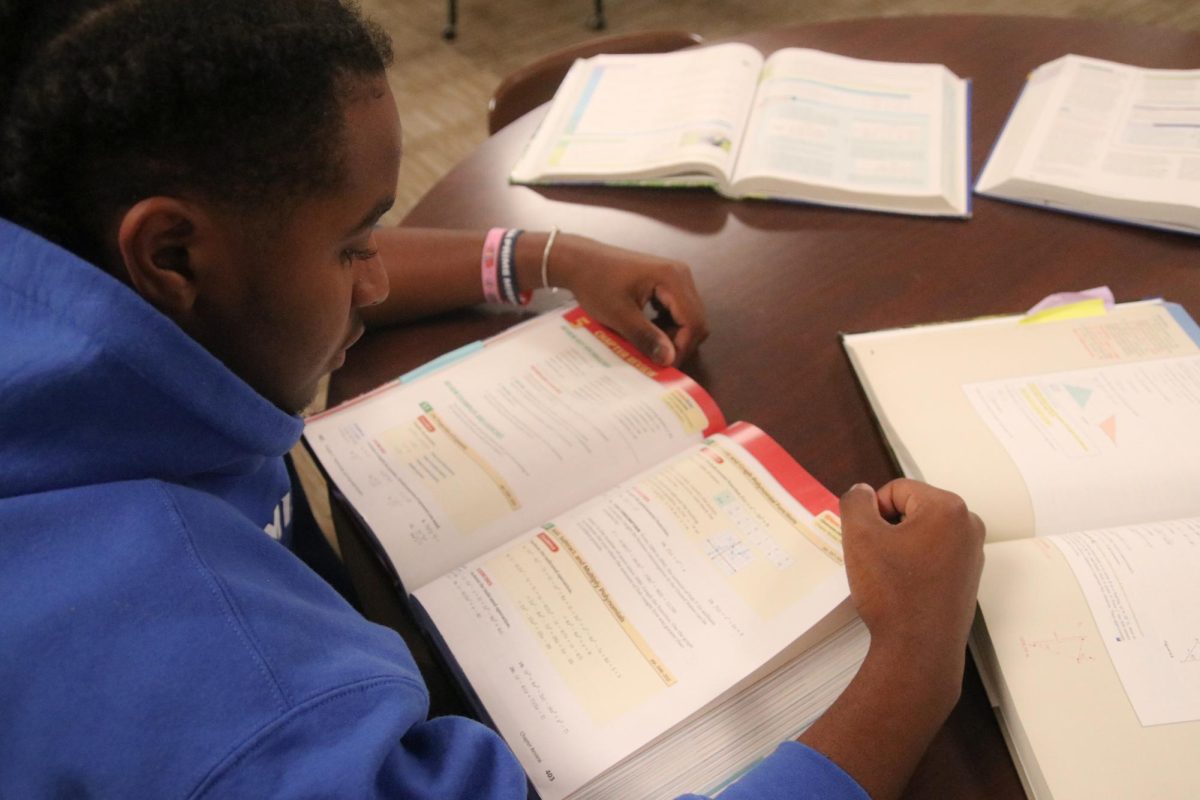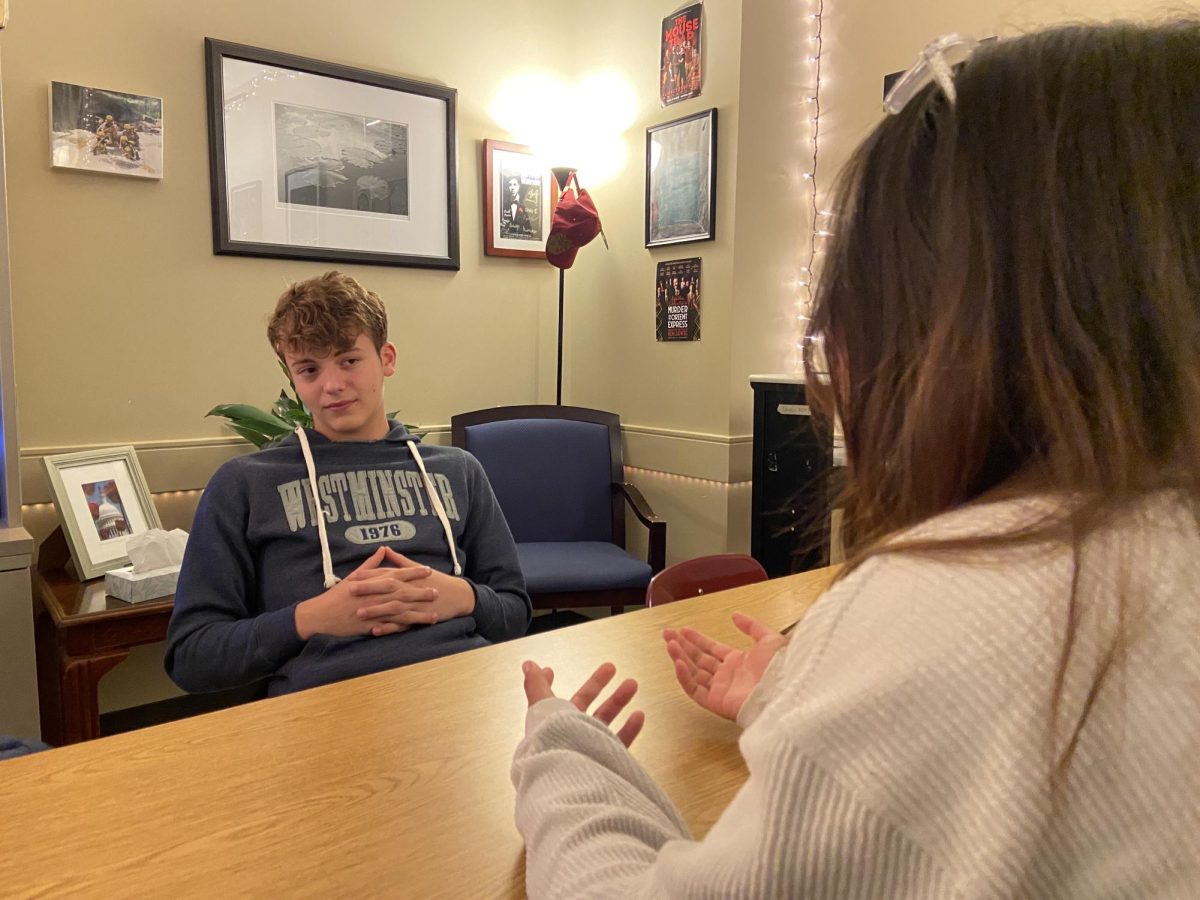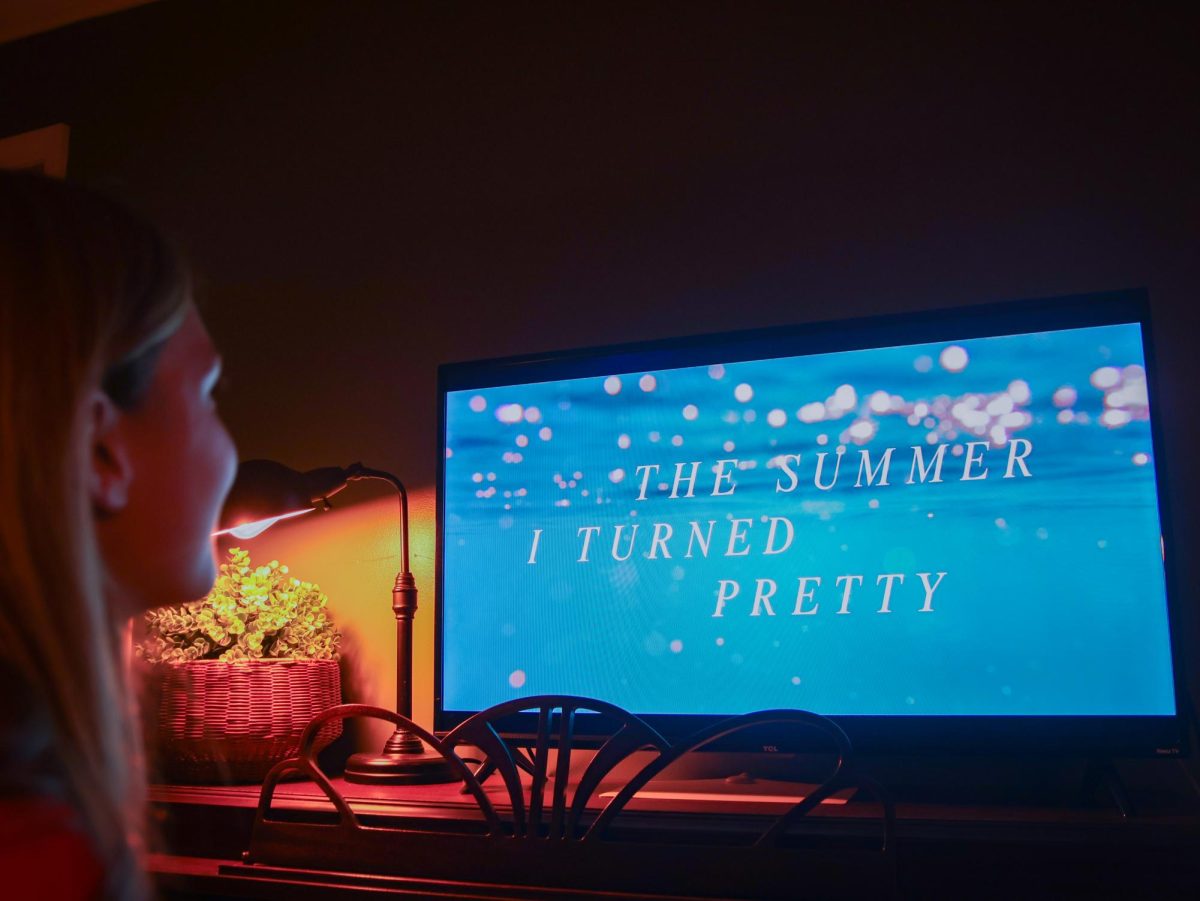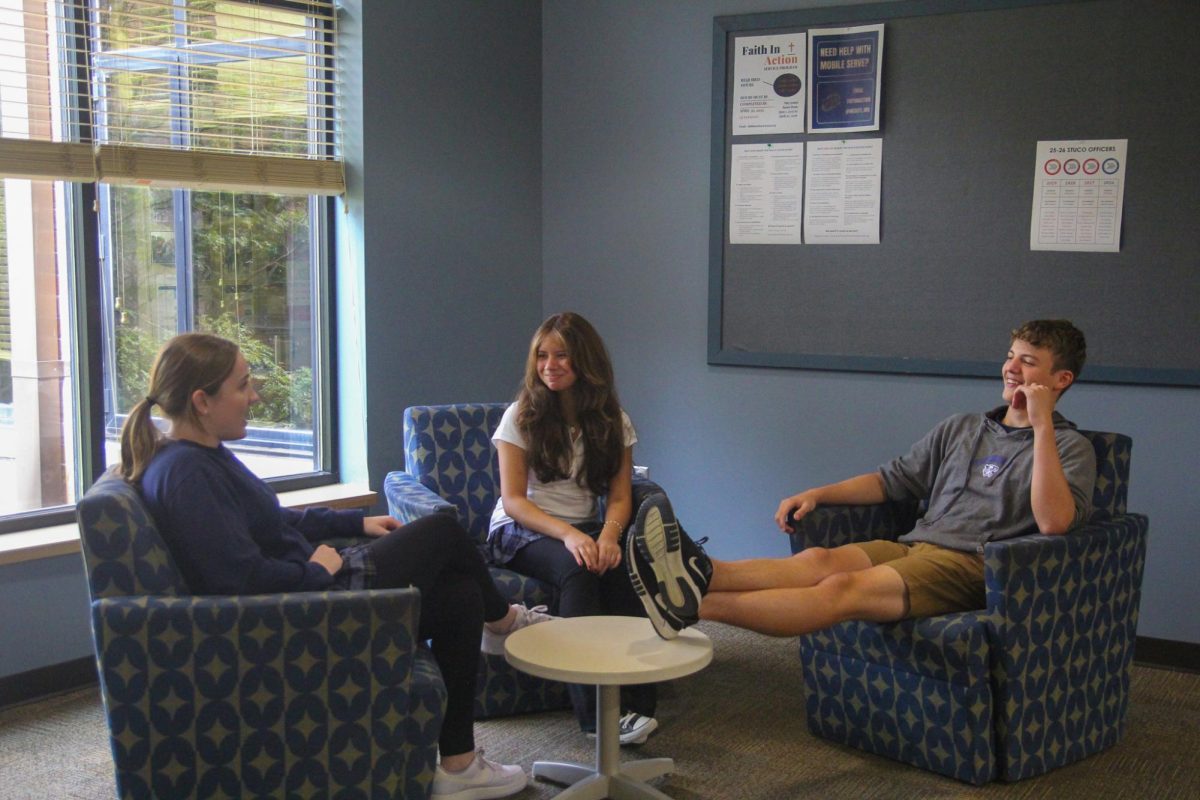Have you ever seen someone deep diving into Wikipedia, and wanted to make fun of them? If you were to do so, you would be engaging in the practice of anti-intellectualism, the suppression of individuals who display academic prowess. Students attending high school have been experiencing the issue of anti-intellectualism for years. When left alone, teenagers can often turn from the mindset of an intellectual, furthering the decrease in classroom engagement either by choice or force.
One of the reasons intellectualism is often discouraged in a school setting is because it can be faked. Students often try to get ahead by cheating, and claim to be smarter than they actually are for the sake of getting good grades or impressing their peers. According to Joleana Mayfeild, a math teacher at Westminster Christian Academy: “[…] they are more prone to cheating. More prone to making short cuts. More prone to cramming, at the last minute trying to do good on a test without actually learning the material.[…] they try short cuts which don’t work as well in the long run.” There are those who have the capability to be intellectual, but sometimes don’t wish to apply themselves, leaving further silence among people. This is a personal separation and choice by teenagers in high school to use less of their brain, and give into the anti-intellectualism movement.
Furthermore, Mrs. Mayfield states, “When I think about intellectualism in the classroom, I’m thinking of studying for knowledge’s sake which is probably what all of the people think that we do in the classroom. My struggle is with students that’s not important to them just knowing math to know math. So I find that I often have to motivate students to learn outside of intellectualism to strengthen their brain, to help them become problem solvers, to build practical skills. That’s a bit more motivating than to say ‘Hey, there’s a thing called math out there we want to learn because it’s math.”
Many kids within the school system simply refuse to apply themselves. The result practically makes teachers become more focused acquiring the attention of children. While the students are perfectly capable of understanding the curriculum, they almost avoid more intellectual activities. This causes the application of a student to be more forced. Students may claim to be intellectualist, but most of the time it is faked for attention or personal gain. Mayfield added, “Well, it’s an interesting dichotomy because I see students who want to do well, only because they care about the grade. Not about the understanding of the material so I would say that is anti intellectual. Because they are not motivated by learning material just collecting points. Getting the grade they want because they want the prestige of getting good grades without having to learn the topic.”
However many would argue that students do not intend to be mean to more intellectually oriented people, and according to Nathan Polk, a student at Westminster, “I would say that, I personally and a lot of other people in my friend group feel more free, sort of to be intellectual and smart in public when it’s in a structured separate place, I don’t think it’s an intentional suppression. There is a social expectation, that being smart, and I think it’s been sort of prevalent for a while. But being smart is not exactly the key to being popular or being the kid that everyone likes. And in some cases you will be shoved on the outside, in others you’re a part of the group, but you’re just not the top, which again isn’t really a huge issue.”
There are a plethora of different opinions within the minds of the public on the intellectualist culture as whole. Certain students inside a community may witness intellectuals kid mistreatment. Others might be more blind to what is going on inside the community. Polk said, “People aren’t rude about it. Again it’s just, sort of a separation in which you feel it, it’s palpable, it’s there, it’s not expressed as much as felt, but people are scared of smart people, and I don’t know why that is. They’re either super respected or super feared.”
The other side could argue, there are different walks of life taken. Meaning some people may have different views. Others just have stronger opinions. Polk further comments, “It’s not an actual separation, it’s just a mindset, and it’s a prevalent and well spread mindset. But it’s not, in my experience at least, something that is actively hated.”
The social pressure against intellectualism harms students all over the world and prevents them from expressing their opinions. The best solution would be to create an inclusive atmosphere where intellectual students could comfortably share their ideas. Rather than students perpetuating a negative stereotype around the academically oriented students could be more enthusiastic. Which may also lead to a general increase in the grade point averages of the student population as such students could provide valuable insight and help their peers learn. Society as whole, could also try to judge less, and the belief likely could morph an entire person.
In conclusion, people think intellectualism as a whole has been morphed into how people behave for grades and their personal benefit. People apply themselves less, and in doing so damage the whole community. As a community, we could strive to include more intellectual kids.














